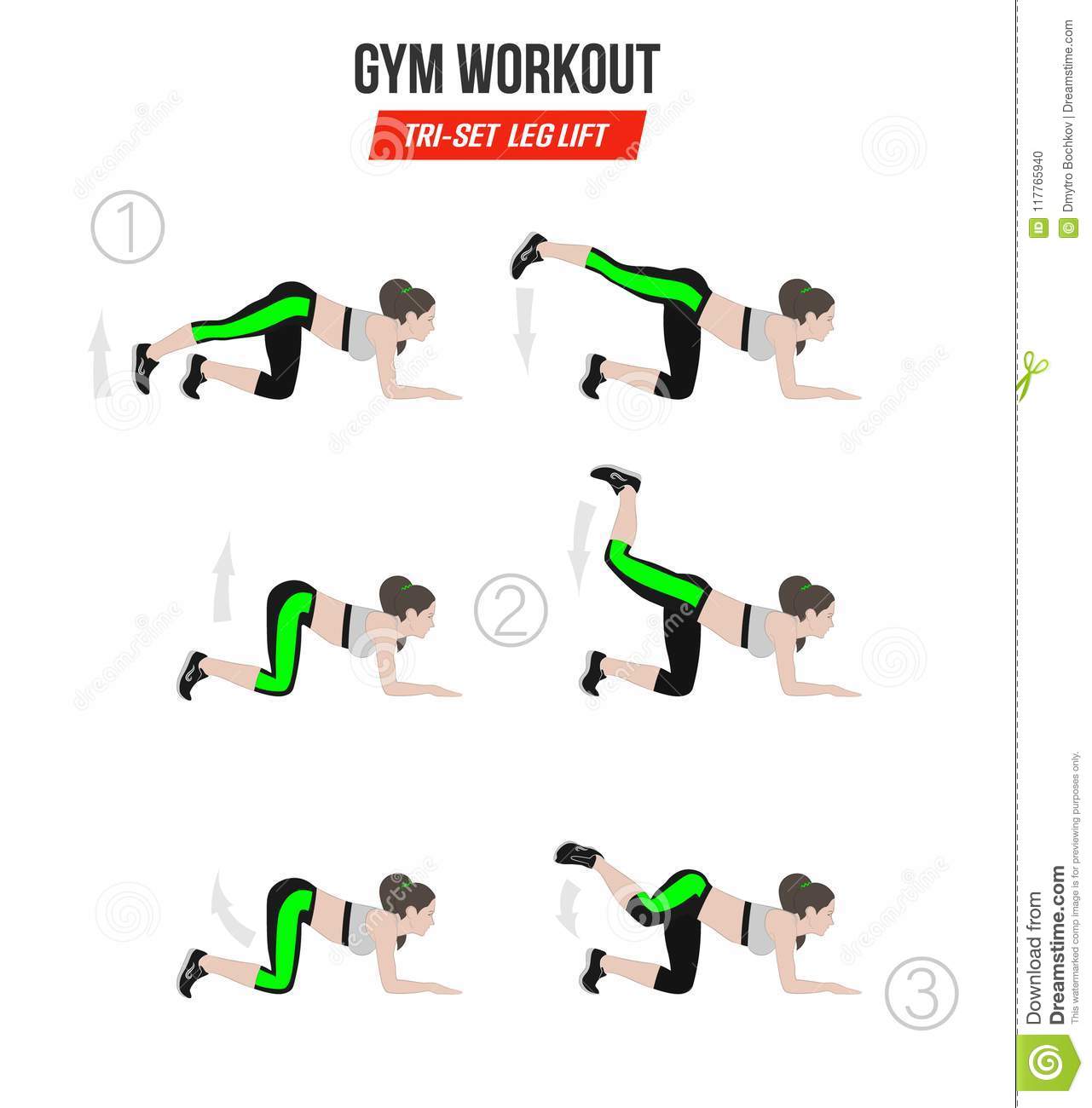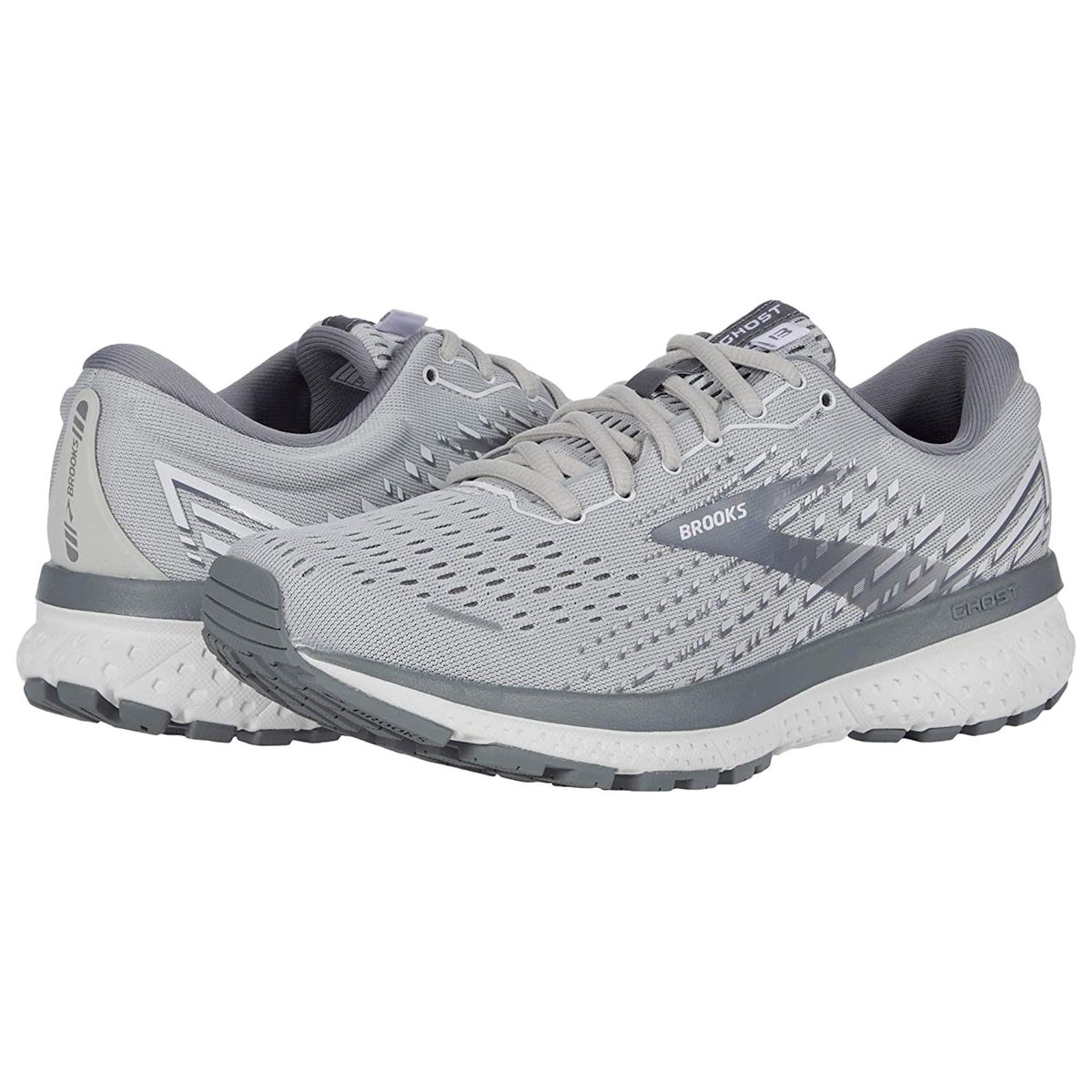
For many reasons, resistance training at home is great. These include building lean muscle, strengthening muscles, and lowering blood pressure. In addition to physical benefits, they can lower blood pressure and boost the production of bone-building osteoblasts. To get started, simply find an exercise that fits into your schedule.
Strengthens muscles
The best health is closely linked to muscle-strengthening activity. Despite this link, large numbers of adults don't exercise as recommended. Consequently, this area of research has received little attention, despite its importance for the prevention and treatment of chronic diseases. Future research should be focused on standardizing assessment tools, creating devices to measure muscle-strengthening levels and integrating muscle-strengthening activities into existing health surveillance networks.

Builds lean muscle
Doing strength training exercises is a good way to build muscle. It will assist you in everyday tasks such as lifting boxes, carrying groceries and climbing stairs. This will increase your confidence, and it will help you get a slimmer body. However, before you can begin to build muscle, it's essential to fully understand the process.
Lower your blood pressure
Research shows that home resistance training exercises can lower blood pressure. These exercises focus on the whole body and lower arterial bloodpressure. However, these exercises can have adverse side effects. An adverse effect of these exercises is an increase in sympathetic tonus.
Stimulates osteoblasts
Weight-bearing exercise is the best way increase bone density and mass. This type of exercise places the greatest stress on bones and triggers bone-forming cell called osteoblasts. In women, weight bearing exercises can improve bone strength as well as mineral density.
Increases metabolic rate
Resistance training is a great way to increase your metabolism and achieve your weight loss goals. They are also great for weight management and long-term weight control. Resistance training is good for the whole body, as it increases muscle size. Your total energy expenditure is affected greatly by your resting metabolism rate (RMR). Your resting metabolic rate (RMR), accounts for between 60-75% and 75% of your total calorie expenditure when you aren't exercising. Resistance training exercises are not only great for burning fat but they also preserve and prevent muscle cell breakdown.

Supports the building of bone
Weight-bearing exercises build bones by forcing the body to work against gravity. These activities could include walking, running, climbing stairs or playing tennis. Patients with musculoskeletal conditions like arthritis should also be doing weight-bearing activity. If you're interested in building strong bones, you should include at least 30 minutes of weight-bearing activity every day.
FAQ
Exercise can I help me lose weight
Yes. Regular exercise is a great way to lose weight. Exercising can increase your metabolism so that you can burn calories even when you're not working out.
Is it safe to exercise when the temperature is below freezing?
Exercise outside whenever possible. You can exercise outside regardless of the weather. Wind speed, humidity, precipitation, and visibility also play a role. Layers of clothing should be worn if you are exercising outside in inclement temperatures.
How many hours sleep should I get each night?
The amount of sleep that is recommended for each individual depends on their age, gender and needs. Adults need between 7 to 9 hours sleep each night. Children and teens typically need between 7 and 9 hours of sleep each night. However, this number drops as they get older.
Do I need heat before exercising?
Warming up before a sport can help reduce muscle soreness and increase performance. There are many methods you can use to warm up, including running, jumping rope and stretching. You can start slowly and increase your intensity gradually.
Statistics
- In high-income countries, 26% of men and 35% of women were insufficiently physically active, as compared to 12% of men and 24% of women in low-income countries. (who.int)
- One study showed that adults who watch more than 4 hours of television daily had an 80% higher risk of death from cardiovascular disease. (heart.org)
- In 2018, the World Health Assembly agreed on a global target to reduce physical inactivity by 15% by 2030 and align with the Sustainable Development Goals. (who.int)
- Globally, 81% of adolescents aged 11-17 years were insufficiently physically active in 2016. (who.int)
External Links
How To
How To Stay Fit During Pregnancy
Your body experiences many changes when you are pregnant. Because you are carrying a baby, your metabolism slows down and you eat less. Insufficient sleep can make you feel sick. You don't have to be sick to enjoy this moment in your life. There are ways you can make sure you stay healthy!
Before beginning any exercise program, consult your doctor. They will be able to tell you what exercises to avoid and which ones they recommend you do safely. The second is to eat well throughout pregnancy. This includes eating plenty protein, fiber, iron. Third, make sure to drink plenty of fluids. You lose a lot of fluids through sweating, so it is especially important to drink water during exercise. Take care of your feet. You should always keep your feet dry, and wear shoes that provide support. If you're having morning sickness, make sure you eat something small like crackers or toast before getting out of bed. It could lead to nausea.
-
Take care of your health. A healthy diet will be important throughout your pregnancy.
-
Get active. Do at least 30 minutes of exercise each day.
-
Keep a healthy weight By eating smaller meals and snacks, you can lose weight.
-
Get enough sleep. Sleep should be at least 7 hours each night.
-
Manage Stress. Learn relaxation techniques.
-
Avoid Alcohol. It can cause miscarriage or birth defects.
-
Be kind to yourself. Be gentle with yourself.
-
Take care of yourself. If you need someone to check in on your wellbeing, it is a good idea.
-
Relax. Do things that make you happy.